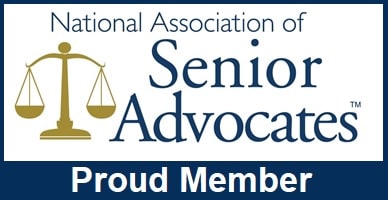Your body changes in many ways as you get older. One of these changes could be a loss of hearing. Aging-related hearing loss is a prevalent condition that affects many older adults. Nearly one in two people over 65 experience hearing loss to a certain degree.
Presbycusis is another name for hearing loss in hearing. Although this condition is not fatal, if left untreated, it can adversely impact an individual’s quality of life. Elders don’t experience this condition overnight; it happens gradually. Some elders may not even notice it at first.
In the early stages, it affects a person’s ability to identify high-pitched sounds like the microwave beeping or the phone ringing. At this stage, a person can clearly identify low-pitched sounds. Therefore, it is strongly recommended to manage it in the early stages before it worsens.
Common Symptoms of Age-Related Hearing Loss
Although the symptoms of age-related hearing loss vary from person to person, a few common ones can help you identify the issue. Here are some of the most common symptoms of age-related hearing loss:
- Difficulty hearing in noisy environments
- Having trouble distinguishing between “s” and “th” sounds
- Requesting people to repeat themselves or speak clearly and slowly
- Not being able to understand telephone conversations,
- Ringing sound in the ear
- Having to increase the TV or radio’s volume to understand what they are saying
- Having a hard time hearing consonants
- Withdrawing from conventions
- Avoiding social settings
- Muffing of sounds or speech
Ways to Manage Age-Related Hearing Loss
The treatment for age-related hearing loss depends on several factors, including your general medical history and overall health, age, stage of hearing loss, and ability to handle procedures, therapies, and medications.
Moreover, it may also depend on how long the doctor suspects your condition to last and your personal preference or opinion.
Treatment methods for age-related hearing loss include speech-reading training, a hearing aid, and assistive devices like speech-to-text converters and telephone amplifiers. Additionally, some doctors may also recommend methods for preventing outer ear wax.

Final Word
It’s crucial to get in touch with a medical professional right away if you experience sudden hearing loss. To determine the cause and nature of the sudden hearing loss, your healthcare provider will conduct a medical examination and a hearing test. They will then recommend the best possible treatment based on the diagnosis.
If you are worried about your elder’s health and well-being, Next Level Senior Advisors is here to help. They offer assisted care for seniors in Oklahoma and provide a safe and healthy living environment. Get in touch with them today for further details.




